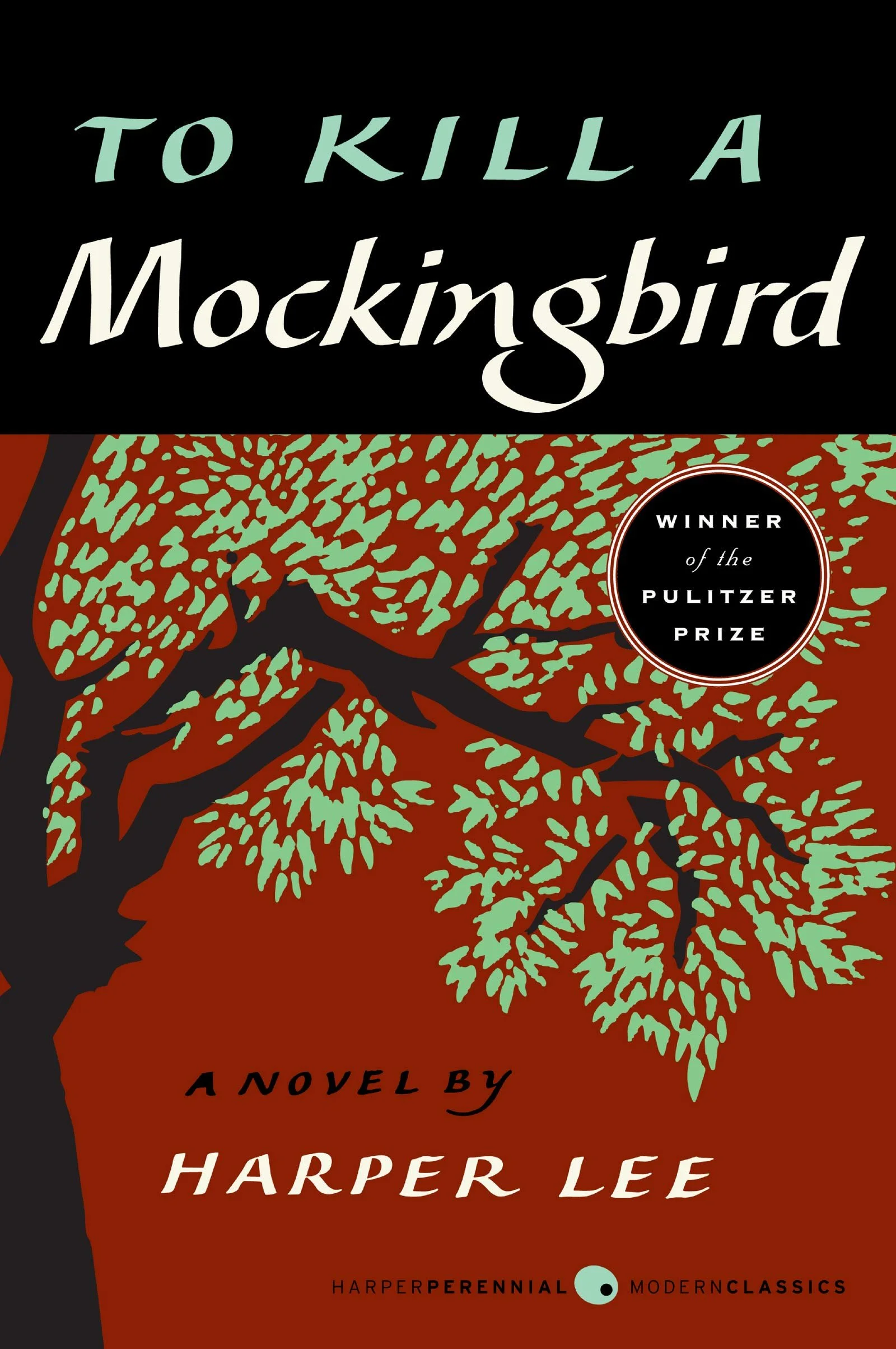Promise / Rachel Eliza Griffiths / 2023
I read Promise with To Kill a Mockingbird in my head. Both are written from the perspective of a girl in the Jim Crow South, struggling to understand the social complexities of violence as racially charged incidents embroil their hometowns. What Rachel Eliza Griffiths manages to capture, however, is infinitely more soulful, weathered, and gritty.
Promise opens with a tricky scene where three young girls, two Black sisters and one white friend, explore one another’s vulvas in a non-sexual manner--a classic I’ll-show-you-mine-if-you-show-me-yours--. The reader is immediately thrust into a world where the intricacies of race, gender, and queerness can be traced through their reactions.
Promise is a coming-of-age story of these three girls as their dreams collide against the barriers erected by a society that hates women. As such, Griffiths doesn’t sidestep the humanity of any of them. This is particularly impressive in the case of the white girl Ruby, who eventually lashes out with slurs and worse as her friendship with the two sisters devolves. The reader witnesses how Ruby’s unstable family life damaged her sense of self and the way white society and teachers preyed on her vulnerabilities. Ruby’s class background and shattered home is in stark contrast to the Kindred sisters’, who come from a strong Black family with an educated father. Griffiths narrates the process of Ruby slowly accepting the racial bribe through her class ascendency, rising from her ragged clothes to clothes purchased with stolen money to ribbons gifted to her by her predatory female teacher and mentor. Griffiths narrates--through the Black sisters at times--how Ruby was essentially bought and purchased, commodified by her white teachers and family, in painful detail. This close attention to Ruby is one of the novel’s greatest strengths, an immeasurable act of love to what easily could have been a cliched villainous character and an act that illuminated how gender, race, and class collide to hurt and manipulate people like Ruby.
The story of the Kindreds, on the other hand, tells a story Black folks tell often: the story of what it meant to survive in the Jim Crow south. It’s a difficult story to tell for a variety of reasons: the intergenerational trauma, the politics behind any telling, the cliches of the genre. Griffiths somehow managed to tell it in a way that felt fresh to me. She puts the reader alongside Ezra and Cinthy, the two young Black sisters, as they resist and stumble their way through their racist school system and society and watch an emerging civil rights movement brew from afar. I especially cherish the dialogue between older generations and these two young girls as elders tried to guide them through a survival that did not compromise their dignity but would keep them safe from racial violence and terror. The sisters and their family survive and lose a lot. In the process, readers have the gift of witnessing the power of Black love, how it can even survive and nourish a family after a death. I love Promise for its willingness to show some elders’ sloppiness through survival and healing, as the last quarter of the novel introduces a vulgar grandmother who is called in to help during a time of crisis. The attention to the grandmother’s story, as well as Ruby’s for that matter, help Promise not fall into the traps of respectability politics. Ezra, in particular, is forced to engage with her own biases and learn to respect--with boundaries--a more rugged part of her literal history.
Promise is so fully wrought and so magnificently intimate that I loved it against my will. I admit, I picked up the book out of loyalty to Rachel Eliza Griffiths and wasn’t sure if I needed another story from within this particular era of Black history. It quieted and instructed me, even when like Ezra and Cinthy, I wanted to rebel against it. So reader, sit your ass down and study it. Rachel has an important story to tell. 5/5

